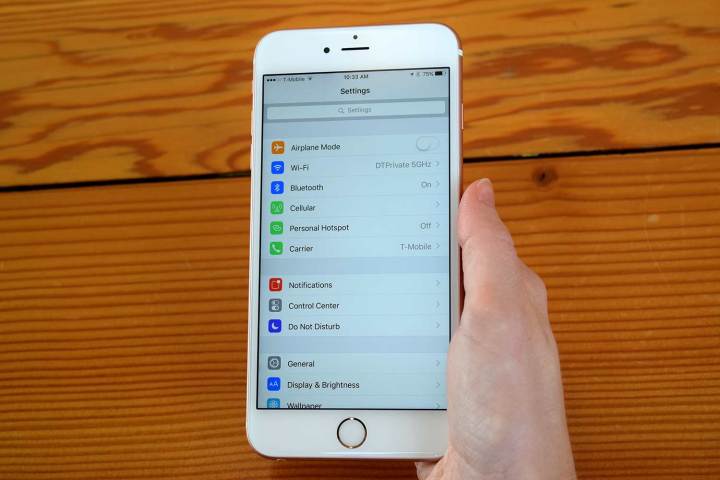
Cochlear’s Nucleus 7 Sound Processor will now be able to stream sound directly to a patient’s surgically implanted sound processor using a compatible iPhone, iPod touch, or iPad. Past Cochlear sound processors required connecting it to an external Bluetooth device that would then pair with a smartphone while other implants controlled sound and features through an app. Although Cochlear does have the Nucleus Smart App with a wide range of features, the new implant will make it easier for users to adjust more simple functions.
With Apple’s integration into its iOS interface, users with the Nucleus 7 can access the controls through the Settings app on the iPhone. By going into Settings > General > Accessibility, they’ll find their Cochlear hearing implant listed under hearing devices. It will then pair the same way a Bluetooth device would pair with your iPhone or any other device. Users can control the volume settings simply using the iPhone volume controls and can send audio like phone calls or music into the implant as well.
Apple does have a history of working with hearing aids in the past like the ReSound LiNX — which initially launched in the U.K. in 2014 — that also connects directly to the iPhone. Apple developed a protocol that is offered at no charge to hearing aid and implant manufacturers to use with its devices.
By creating these types of features, Apple expressed to TechCrunch that it wants the iPhone to essentially be “the best piece of technology” people have ever used. Adding new accessibility features to its operating system will help the company expand the support it can give to people on a global scale. With the iOS 11 public beta released, users can already experience new accessibility features added to the new operating system like “Type to Siri” and call audio routing.
The Cochlear Nucleus 7 Sound Processor is expected to be released in September, with significant improvements from its predecessors. It is said to not only be smaller and 24 percent lighter than previous models, but also has a longer battery life — making it ideal for children to use as well.


